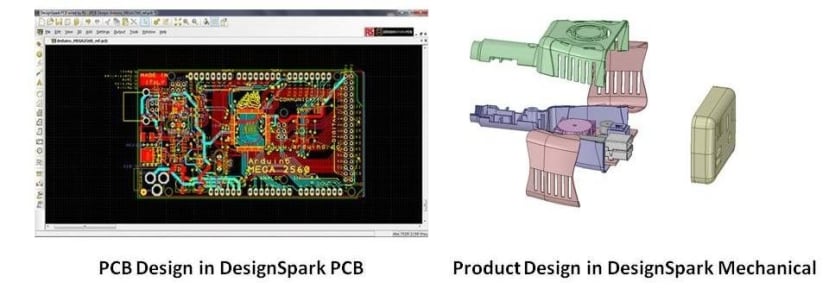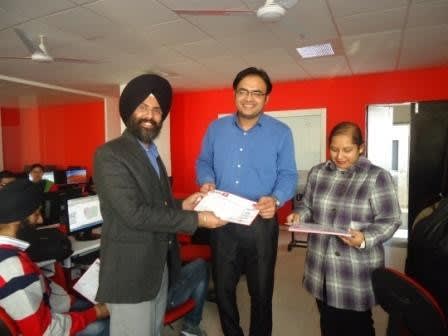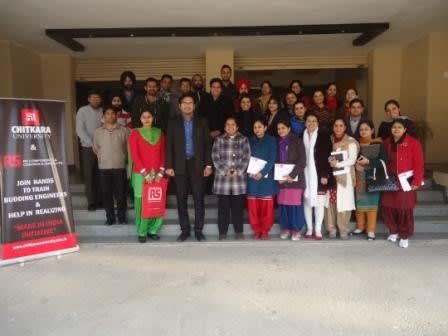Enthusiastic Response to Faculty Training conducted on DS PCB & DS Mechanical
Follow articleHow do you feel about this article? Help us to provide better content for you.
Thank you! Your feedback has been received.
There was a problem submitting your feedback, please try again later.
What do you think of this article?
Hardware Electronic Design is one of the critical elements in electronic engineering course in universities. Students use various eCAD & mCAD tools to carry out various electronics hardware projects in universities.
RS has two very powerful and professional electronic design tools (or rapid prototyping tools) – DesignSpark PCB & DesignSpark Mechanical which are used by engineers worldwide to carry out Electronic Design. These tools are available for free download & offer complete design freedom to engineers.
RS India through its university program initiative promotes “Electronic Design” in universities using DesignSpark PCB & DesignSpark Mechanical Tools. We conduct student workshops, set-up labs in universities, support universities with course content, support universities with open source hardware projects & project idea (DesignShare) and very recently we have added Faculty Development Program (FDP) to our activities.
The objective of the FDP is to train faculty on DesignSpark PCB & DesignSpark Mechanical tools so that they can in-turn train their students on the same.
The very first FDP was organized by Chitkara University Himachal Pradesh during Jan 8-9, 2015. The program was attended by 28 faculties of 5 different universities and 2 electronic design engineers from the industry. The program was conducted in association with IEEE & IETE technical chapters.
Program began with the inauguration of “RS Electronic Design Lab” at Chitkara University (Read More) followed by an introductory session on how RS India supports universities for all academic requirements. During the introductory session the products like Red Pitaya & Raspberry Pi B+ were demonstrated.
Participants keenly attended the session
The introductory session was followed by introduction to DesignSpark PCB, its user interface and capabilities. Then we drifted toward hands-on sessions on DesignSpark PCB which were spread across 1.5 days. We started with simulation interface, library creation, schematic capture, layout design, and generating manufacturing plots. During these exercises various features of the tool were discussed.
Half day on Day 2 was spent for 3D Design using DesignSpark Mechanical, it was started with overview of direct modelling and how DesignSpark Mechanical help electronic designers to carry out 3D design with ease using very simple instructions. This was followed by the hands-on session on the tool where participants carried out product design around the PCB.
Group of participants showcasing their DS Mechanical Design
In the end we had valedictory function, where we shared the entire course content with the participants, listened to the participants’ feedback and distributed participation certificates.
Participants' Certificate Distribution
Here are some of the feedback we had got:-
- Two-days are not quite sufficient for the workshops; there are plenty of interesting things to learn. The time frame should have been more.
- This is a first workshop of its kind; we never get to attend any program where we are trained on hardware design, schematic & layout and 3D design. These two days gave us a lot of insight into hardware electronic design and the sessions were very useful.
- Our students will find these tools very useful, as these tools complete the entire design cycle. Students can do schematic design, PCB design, simulation, 3D design and they can easily order the parts from RS if they wish to. This is a very good end to end solution.
Group Picture at the end of the program
We thank Prof. Dr. Rajnish Sharma (Dean Academics), Prof. Lipika Gupta (HOD, ECE) for conducting the program and for the local hospitality.
We are open to conduct such sessions/programs in other universities as well. Feel free to write to us at techmarketing@rs-components.co.in







